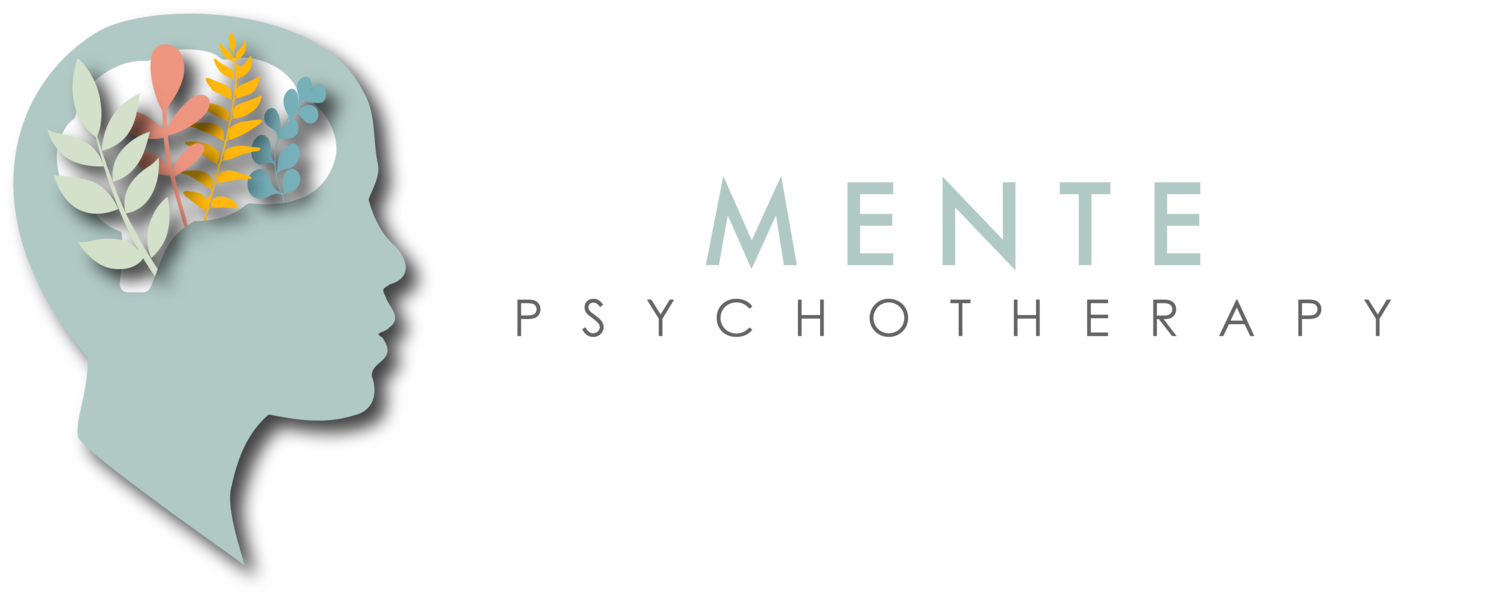Therapy, what to expect
Integrative psychotherapy involves selecting the techniques from different therapeutic approaches best suited to each individual’s needs. This hopes to produce the most significant effects.
My office and therapy room, where we meet or zoom, it is air conditioned, quiet and private.
Individual therapy
Typically we start with an initial short meeting to get an idea of what you are finding difficult, how it is affecting you and the people around you and any previous therapy attended. If we both then agree to work together, I recommend six sessions usually weekly, we will then agree if this becomes a longer term arrangement. It is possible to have great one off sessions - it just depends where you are on your journey.
Through the process of exploration we enable self knowledge and self awareness, this will help you grow and overcome issues that may previously have been experienced as all consuming or overwhelming. We will explore together problems in the present but also identify the roots of those problems from your past. We will explore how past experiences may affect the way you live today - when you become aware and understand, then change can take place.
Couples therapy
Couples therapy is different to individual therapy. Couples do not take the decision lightly to allow a therapist to help them change. It takes time and expense, but the investment can save and develop one of the most important parts of your life. Usually, couples are at a crisis point and either communication has broken down and/or trust has been lost.
Couples come expecting to fix a problem and the partner will do most of the change, however, it is about understanding the part the individual plays in being part of the partnership they want. The main aim is to increase knowledge about yourself, your partner and the patterns of interaction between you and how to break ineffective patterns to create new ones.
My training is in Emotionally Focused therapy, and Relationship Development therapy.
I work by having a short initial chat to understand what is causing you both distress. I then have an 80-minute joint session followed by an individual 50-minute session with each partner to allow me to make sure you are heard and I can assess and then share how treatment will progress. I usually recommend 6-10 sessions but sometimes this can be longer. Please feel free to ask for more information on what to expect from couples therapy.
Here is an overview of the therapeutic approaches I am trained in and select from when working with each client , please feel able to ask about where I have trained and about other approaches I use.
Psychodynamic
Exploring unconscious processes and behaviours affecting relationships. Some of these may relate to unresolved issues from the past including childhood that are causing patterns to repeat in the present. Predominately working with attachment and transactional analysis. Knowing can then lead to healing.
Cognitive Behavioural Therapy CBT
Cognitive Behavioural Therapy is problem solving, issue focused therapy that allows us to develop coping techniques. Dialectical behavioural therapy (DBT) is a deeper method of CBT and is used with borderline and tolerance disorders. We explore which will be most beneficial for each individual.
Person-centred
Find personal understanding by learning to articulate your conscious daily experiences from your point of view through empathetic and non-judgemental connection. Respecting everyone’s reality and how they see the world opens the window to reframe what’s going on for an individual. “Be curious, not judgemental”
Emotionally Focused Therapy EFT - attachment science in practice
Emotion has a deep logic to it. Learning about the science of attachment and bonding and how we use this as a compass to guide our steps as we move with others through life. Used predominantly with couples and individuals who seek to understand why their relationships have repeat patterns when under stress.





